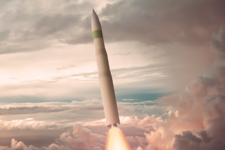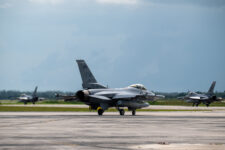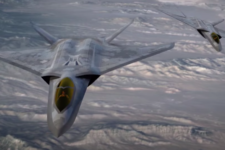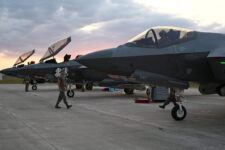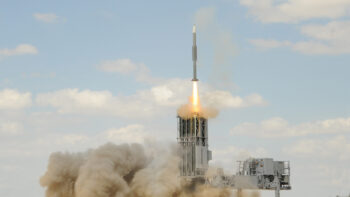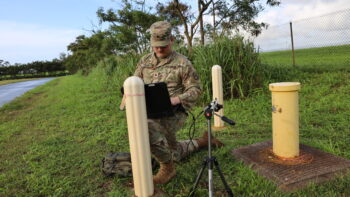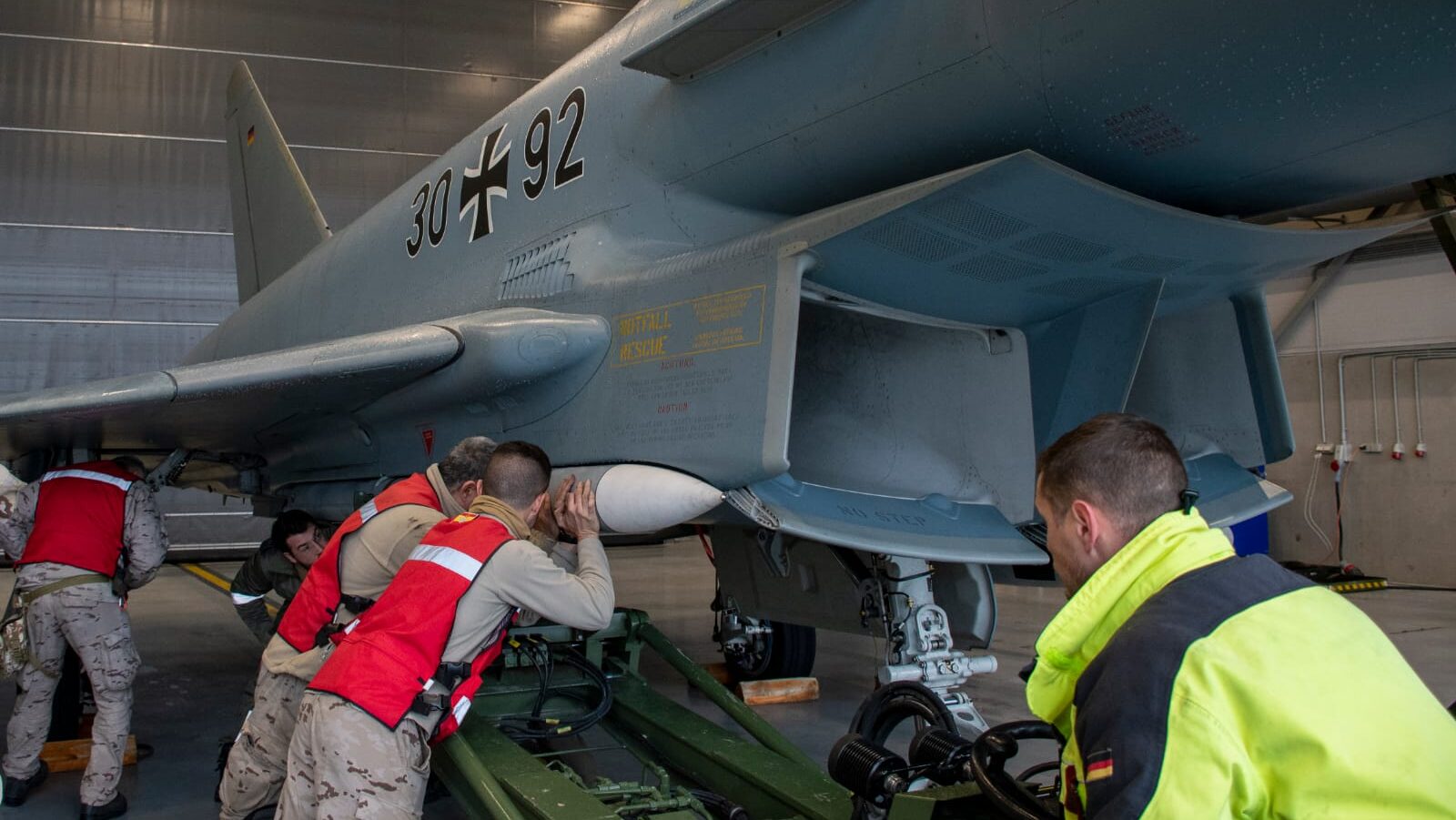
Despite mounting industry pressure, the German government continues to delay contracts for German Eurofighter Typhoon fighter jets (German Air Force on X)
DUBAI — Airbus Defence and Space, along with Germany’s Metalworkers union IG Metall, together are raising the stakes in an ugly dispute with Berlin over delays with new Eurofighter Typhoon fourth generation fighter jet contracts, warning that without them, production of the aircraft will shut down by the close of the decade.
At an “action day,” scores of representatives from the two industrial parties gathered in Manching, Germany, where Airbus leads Eurofighter production on behalf of a four-nation consortium, to demand Berlin ends its indecision. Spain, Italy and the UK are the other Eurofighter partners.
Airbus Defence and Space CEO Michael Schoellhorn, in a translated version of a post on LinkedIn, said, “The message from all parties involved was clear” that they must receive “in a timely manner” Tranche 5 and Long Term Evolution (LTE) contracts, to sustain long term production and develop future aircraft capabilities.
“Without these measures, production of the Eurofighter will end in 2030,” he said. “For Germany, this would be tantamount to a loss of core military competencies as well as production capacities in the entire supply chain, or simply put: it would be an exit from German fighter aircraft construction.”
Similar industry outcry over the matter has been voiced openly before, but not with a production shutdown warning. Specifically, Schoellhorn called on lawmakers to “make a fundamental decision” on Tranche 5, by the end of Germany’s current legislative period, closing at the end of the year.
The German Ministry of Defence has not responded to a request for comment at the time of publication. Berlin previously announced a commitment to buy Tranche 5 aircraft, but how many will be ordered remains unconfirmed.
As of October 2023, the Eurofighter consortium had 83 aircraft on order and delivered 597 for partner nations and export customers, according to its own figures.
But increased frustration with Berlin by Airbus over what it sees as a crisis that could lead to a premature end of aircraft production can be traced back to the manufacturer initially expecting “a large chunk” of funding from Berlin’s $100 billion special arms fund to go toward the “next round” of Eurofighter procurement. That forecast turned out to be wrong, said Christian Molling, research director at the German Council on Foreign Relations.
“I wouldn’t say its a case of panic for Airbus” when it comes to production opportunities, “but the clock is certainly ticking,” he added.
The new Tranche 5 covers integration of an E-Scan active electronically scanned-array (AESA) radar and defensive aid systems, in addition to other capabilities that would sit under Eurofighters Long Term Evolution (LTE) plan. LTE is effectively a midlife upgrade for the jet but one where national partners likely end up requesting individual modifications to suit their different missions and financial means.
“Tranche 5 for Germany details haven’t been released yet and are being determined, so [there’s] nothing we can add at this stage,” said an Airbus spokesperson in a statement to Breaking Defense.
The company did offer some clarity around LTE, suggesting that while the way forward “has still to be defined for the German aircraft,” the potential contract, aligns with the “overall” LTE program, which includes a cockpit transformation.
The company also sees LTE as a bridge for new technologies to be introduced on future Typhoon jets, which would eventually be transferred to the German, French and Spanish Future Combat Air System (FCAS)/SCAF) once development of the sixth generation fighter starts to advance.
Israel signs $583 million deal to sell Barak air defense to Slovakia
The agreement marks the latest air defense export by Israel to Europe, despite its ongoing war in Gaza.


